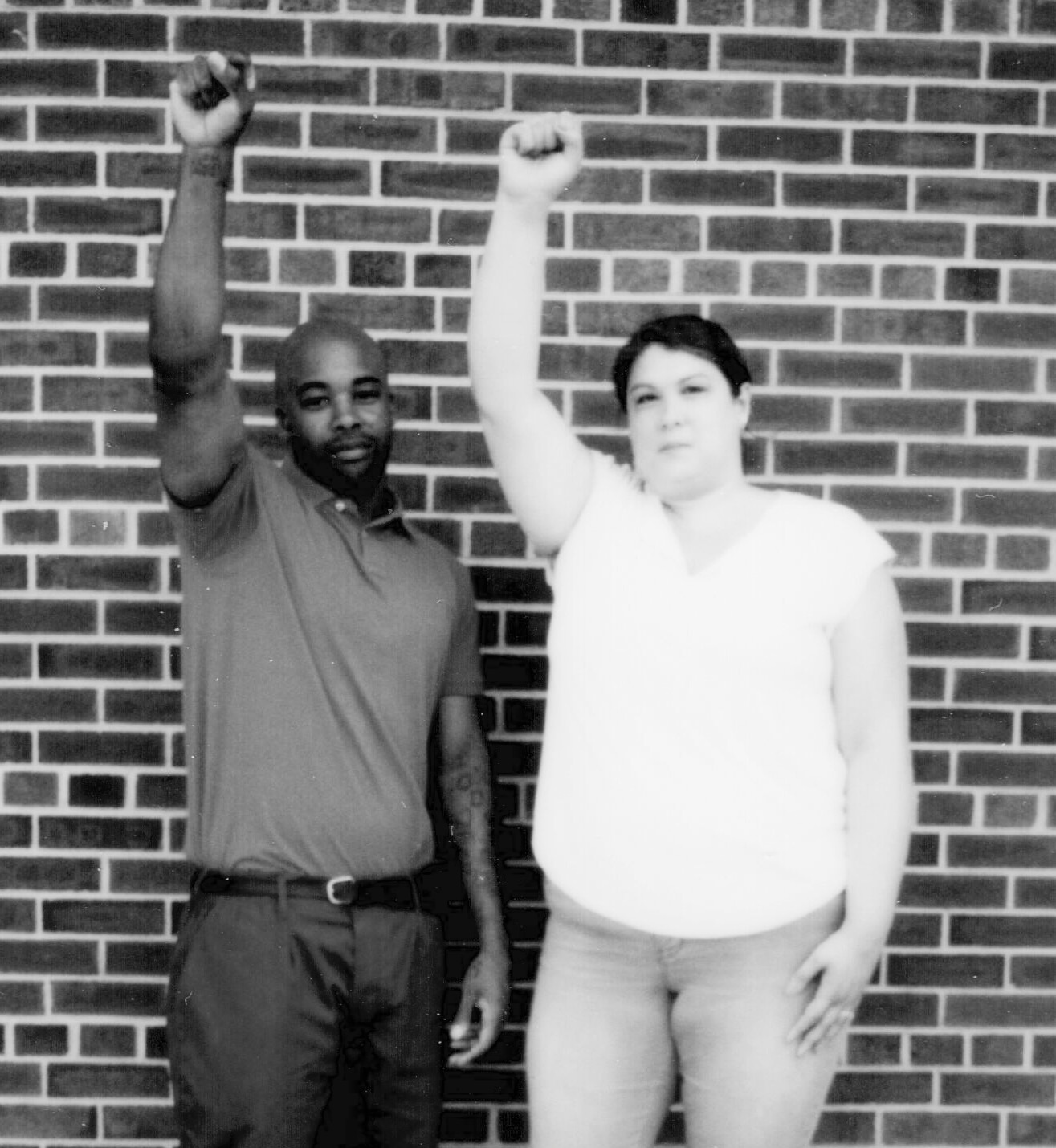Editor’s Note: Due to space limitations, this is an edited version of Derek’s piece. Read the full version at peacecouncil.net/blog.
Recently, I was asked to write about my perspective on solitary confinement as part of the ongoing resistance in Syracuse to the use of such punishment with 16- and 17-year-olds held in the so-called “Justice Center”. The ironic thing is that, for the first time in six years, I find myself in the box at this very moment. Not for violence. Not for drugs. But for having a peaceful protest like the ones that many of you participate in. For understanding the injustice of my situation and not being afraid to speak up.
See, the noose is getting tighter, and conditions are only getting worse. Every day, the Department of “Corrections” finds new ways to take something away. Recently they’ve come up with a statewide prohibition of hooded sweatshirts, citing the tried, true, and inexhaustible “security threat” reason. This comes just four years after the Trayvon Martin killing, when protesters wore hoodies to show their unity and support for the Martin family after their son was racially stereotyped and marked for death. Hoodies pose no more of a threat in jail than they do on the back of a young black man walking innocuously down the street. Yet we as prisoners are condemned to go without the warmest article of clothing we had in freezing winters, in what can only be explained as systematic backlash.
At Green Haven “Correctional Facility” in particular, where the protest I participated in took place, the oppressive conditions are compounded. Correspondence from our friends and family sits in the mailroom for two to three weeks before being distributed; food packages rot. The visit room is crowded with overzealous “correction officers” who make it their business to stare you down, waiting to relegate you to keeplock status (locked in your cell for a period of weeks or months) if they don’t like the way you are hugging your visitor.
Over the summer they began to regulate phone calls by imposing a 15 minute limit. There are usually anywhere from 150 to 200 prisoners in the yard at a time, yet only 20 phones. Why, instead of adding phones, do they limit their usage?
Early in September, a group of us decided we had no choice but to take a collective stand. After our recreation time was again cut short, about 150 prisoners refused to return from the yard to the cell block. No violence occurred. We simply aired our grievances peacefully and then returned to our cells about 45 minutes later. Shortly thereafter, eight of us who were apparently identified as the leaders of the protest were rounded up. We were told to pack up our belongings, and the next morning I was put in a van to Elmira “Correctional Facility” where I was immediately placed in solitary confinement.
Today, for having peacefully stood against injustice, I remain in the box—I’ve been sentenced to spend six months here. I hate the box because I understand how solitary confinement inhibits the mind, poisons it with negativity, and in effect displaces the social skills we need to survive in the real world. See, I’m 31. But I came to jail when I was 25, and I still feel 25 because, though my experiences have made me a bit wiser, it’s very hard to grow in jail. And almost impossible to do so in the box. My neighbor (in the cell next to me) is 19. We’ll call him Jay. Jay came to jail when he was 11, got out when he was 16, did a couple months on the streets and came right back to jail. I don’t talk to him all that much because, just as I told you I still feel 25, Jay still sounds like he’s 11. His vocabulary is so deficient that an ordinary thing like a tuba is described as, “that shit that you blow on that makes noise.”
I don’t think we have to question the fact that his intellectual deficiency is a direct product of the jail system that seems so purposely designed to retard development. And trust me when I tell you that the box only makes it worse.
All you hear in here are war stories. Nothing positive. Just the spreading of the patriarchal ideology that tells us that being on the giving end of a violent encounter is the only way to become a man. That and getting money. Not only does Jay hear all of this —it’s the only thing he hears. And it’s typical box socialization.
We should eradicate the box as a whole because it stunts growth and only reinforces negative thinking. But solitary confinement for teenagers like Jay is especially damaging. It only creates the very mental state that will land them back in jail or even worse.
Across the country, there are likely thousands of people in a situation very similar to mine—being punished in barbaric conditions for exercising our free speech, a right we are deprived of in jail. It’s impossible to know exactly how often this occurs because prisoners are rendered invisible. Our communication with the outside world is purposely and systematically restricted. Couple that with a media blackout on the plight of prisoners, and we are effectively silenced, even when raising our voices. People like you on the outside must be our witnesses if we have any hope of restoring the humanity of the millions of people behind bars in this country.






